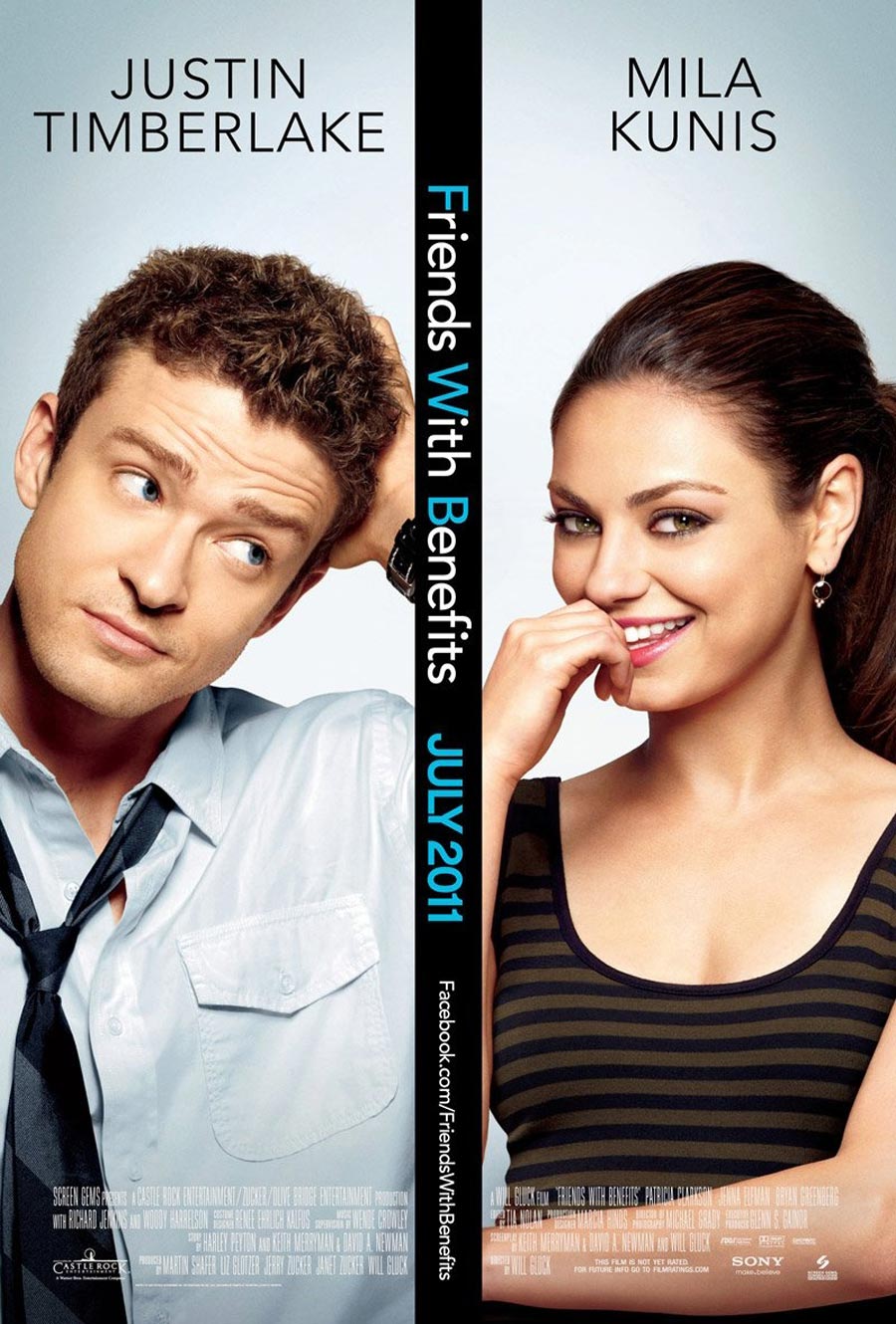The Voyage of the Dawn Treader came out last Christmastime, and although I wasn’t as pleased with the movie as I would have liked, the book, at least, still holds the truths C. S. Lewis had in his wisdom to impart.
My favorite scene in the entire series is when Eustace turns into a dragon. Up until that point, he had been immersed in himself and blind to Aslan. But he begins to feel lonely as a dragon and sees that he would rather be a boy. Being a dragon wasn’t who he was created to be. So Aslan offered him to bathe in healing waters. But in order to do that, he would have to remove his skin, to “undress”.
Eustace tries peeling back a layer of scaly, dragon skin, but there was another layer beneath it. He kept going, but there was always another layer underneath. At last, in exhaustion, he cries out, “I can’t do this on my own!” So Aslan digs his strong claws into Eustace’s skin. It feels as though it were piercing through his heart, it hurt so bad. But Aslan was strong enough, and at last Eustace was clean. He was a real boy again, as he was meant to be.
When I read this scene for the first time, it left me in tears. How true this image is, when it comes with the way God works with us! So often God allows pain because it opens us to Him. In our cries, we open our hearts and allow Him to work in us. He finds us in the excruciating mess of our lives and pulls us up out of it.
But not without our permission. Sometimes we have to hit rock bottom and see what a great mess we’re in. Then we try to fix it and upon realizing we can't, we cry out to God in the rubble. And then, finally, He is allowed fix it. It is only in crying out to Him, though, that gives Him permission to touch our hearts.We are never strong enough to fix ourselves on our own.
In order for us to admit God is God, and to transform into the person we were created to be in His eyes, we have to undergo a conversion. We have to see that the way we were doing things wasn't best for us after all, and we have to allow God to fix that damage.
C. S. Lewis says, in “The Problem of Pain”:
But pain insists upon being attended to. God whispers to us in our pleasures, speaks in our conscience, but shouts in our pain: it is His megaphone to rouse a deaf world…. Now God, who has made us, knows what we are and that our happiness lies in Him. Yet we will not seek it in Him as long as He leaves us any other resort where it can even plausibly be looked for. While what we call “our own life” remains agreeable we will not surrender it to Him. What then can God do in our interests but make “our own life” less agreeable to us?
Lewis makes his case further in Mere Christianity, saying:
It is not trying that is ever going to bring us home. All this trying leads up to the vital moment at which you turn to God and say, ‘You must do this. I can’t.'
 Did this monumental experience hurt Eustace? Of course it did. But the pain was worth it. “It was a good pain, as if a thorn was being pulled out,” as he put it. “The only thing that made me able to bear it was just the pleasure of feeling the stuff peel off.”
Did this monumental experience hurt Eustace? Of course it did. But the pain was worth it. “It was a good pain, as if a thorn was being pulled out,” as he put it. “The only thing that made me able to bear it was just the pleasure of feeling the stuff peel off.”God doesn’t expect us to lead perfect lives, or to fix it ourselves. He wants us, all of us. Our problems too. He wants us to realize that He is God, and He can fix the problems if we let Him. All we have to do is hand him the baggage to open our clenched hands, so He can put something better in them – new life in Him.







